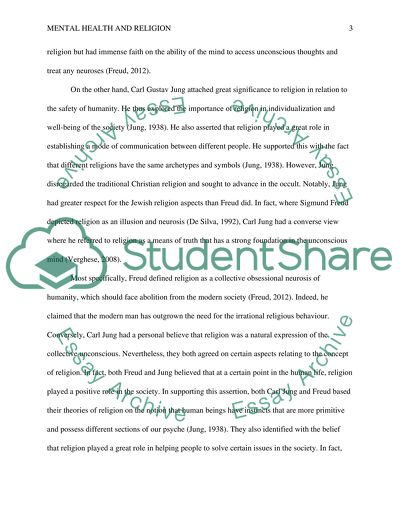Cite this document
(“Mental Health and Religion Essay Example | Topics and Well Written Essays - 1000 words”, n.d.)
Mental Health and Religion Essay Example | Topics and Well Written Essays - 1000 words. Retrieved from https://studentshare.org/psychology/1487096-mental-health-and-religion
Mental Health and Religion Essay Example | Topics and Well Written Essays - 1000 words. Retrieved from https://studentshare.org/psychology/1487096-mental-health-and-religion
(Mental Health and Religion Essay Example | Topics and Well Written Essays - 1000 Words)
Mental Health and Religion Essay Example | Topics and Well Written Essays - 1000 Words. https://studentshare.org/psychology/1487096-mental-health-and-religion.
Mental Health and Religion Essay Example | Topics and Well Written Essays - 1000 Words. https://studentshare.org/psychology/1487096-mental-health-and-religion.
“Mental Health and Religion Essay Example | Topics and Well Written Essays - 1000 Words”, n.d. https://studentshare.org/psychology/1487096-mental-health-and-religion.


